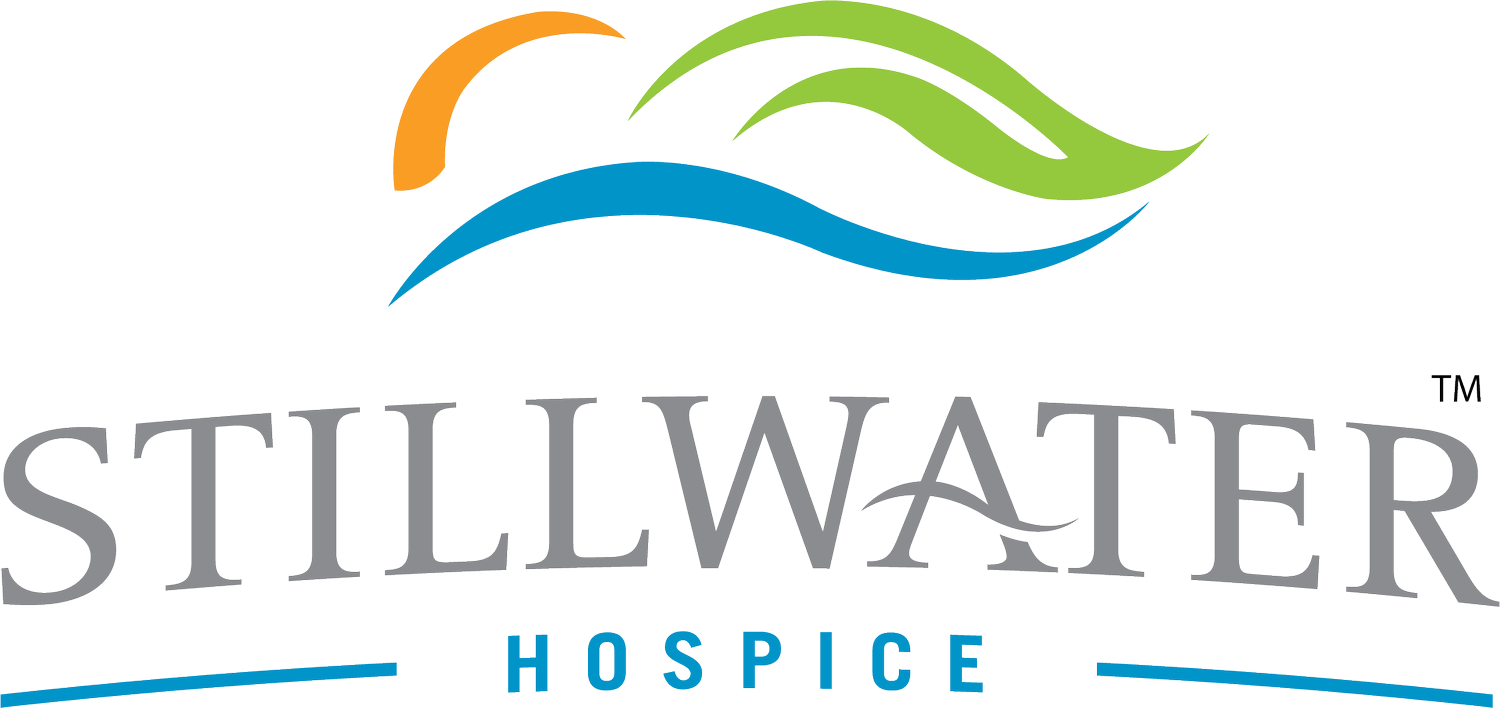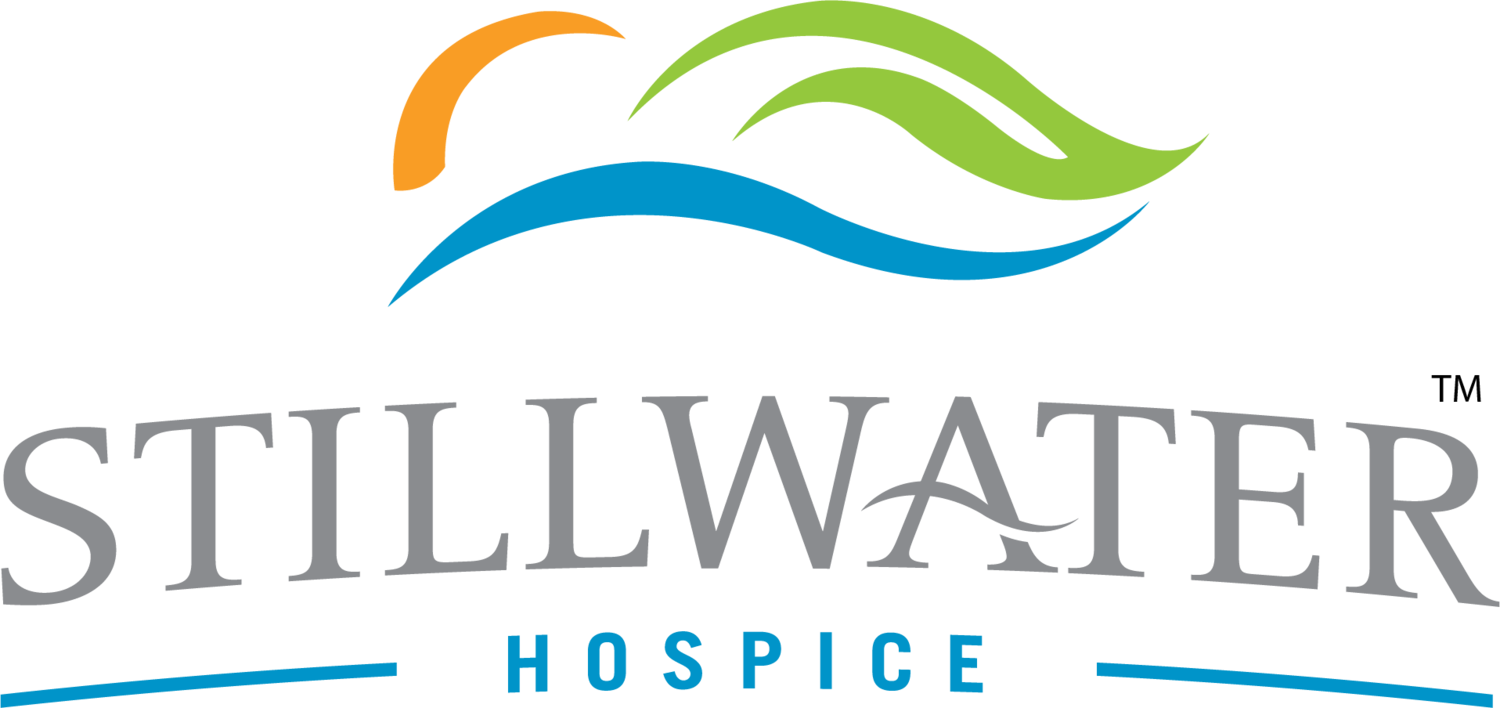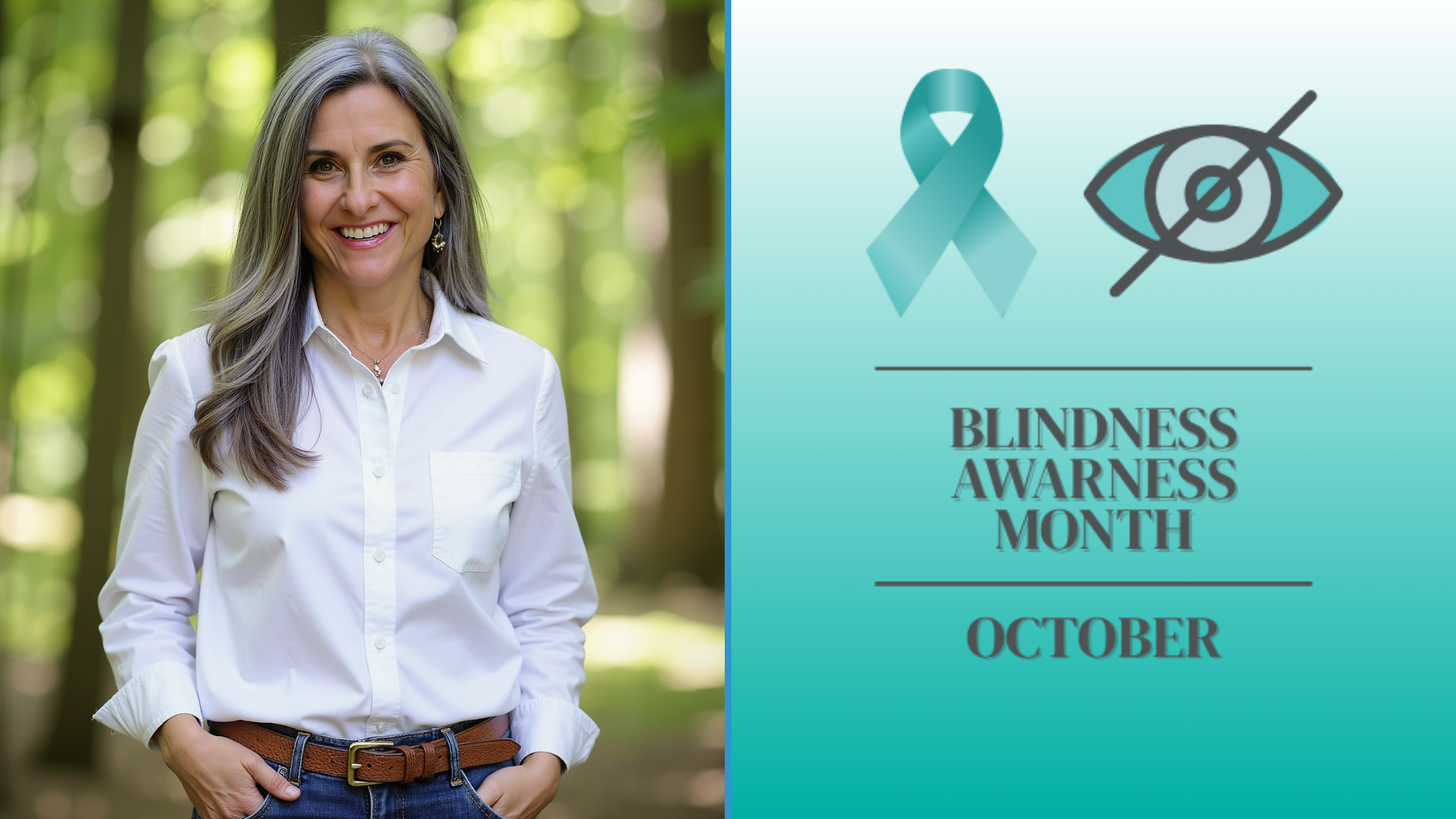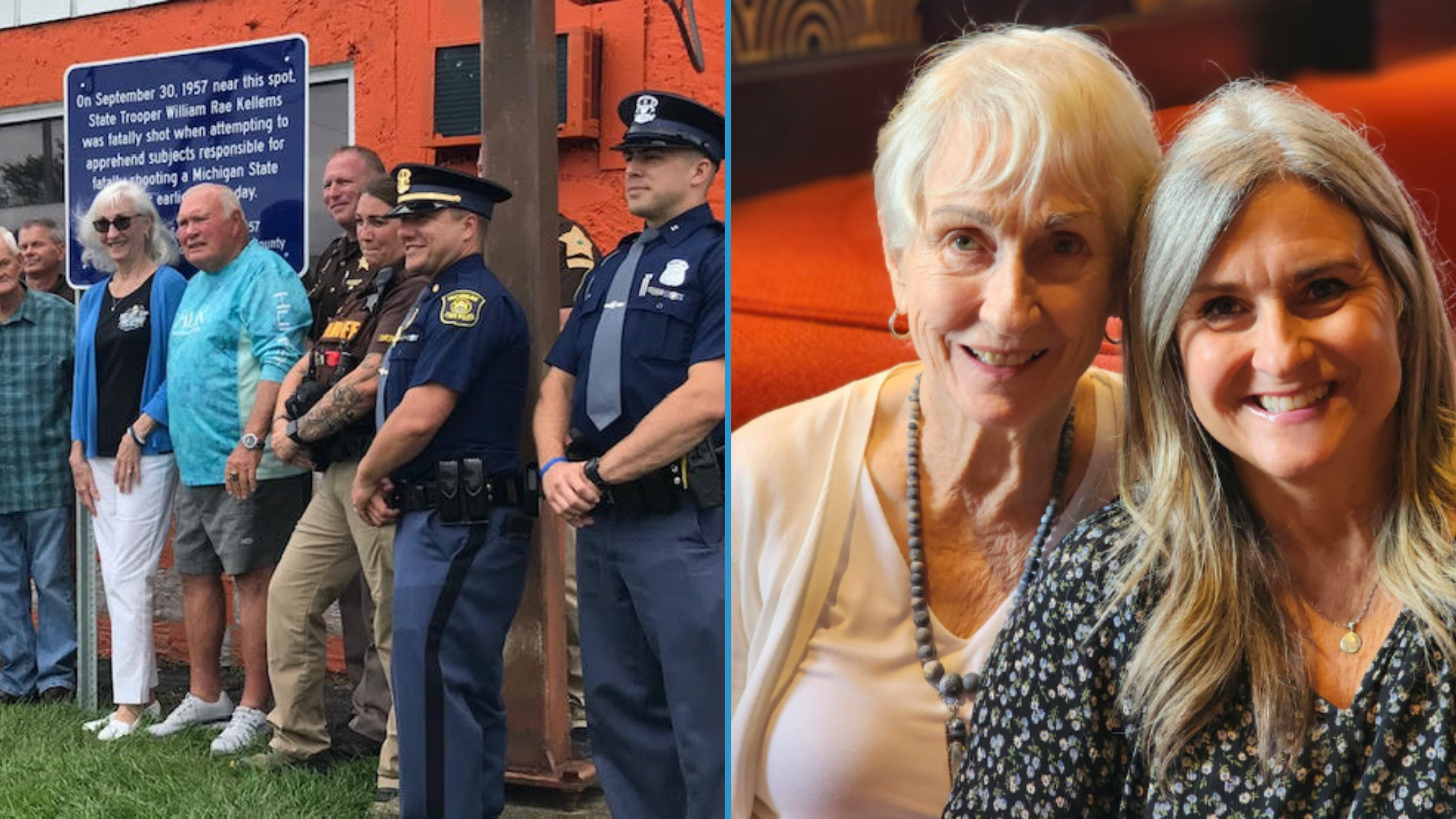Have You Ever Wondered: Who's Behind Our Extensive Marketing Presence?
Meet Kellie Adams: Insightful Marketing Meets National Blindness Awareness Month
The Voice Behind Stillwater Hospice’s Online Presence
If you've ever paused on a Stillwater Hospice post that felt like it "just knew" what you needed to hear—warm, timely, and genuinely helpful—there's a good chance Kellie Adams was behind it. Since 2021, Kellie, the owner of Social Butterfly Digital, has acted as our digital marketing consultant, shaping the voice and heartbeat of nine Stillwater Hospice agency pages across Facebook, Instagram, Google, and LinkedIn. She writes our blogs, maintains our website, and collaborates closely with our team to curate campaigns, spotlight stories, and keep our communities informed and connected.
A Marketer Who Understands Hospice From the Inside Out
Kellie is not merely a marketer. She has been working with hospices since 2013 and is fluent in the language and values of end-of-life care—compassion, empathy, dignity, and clarity. She's responsive when needs arise, creative to the core, and a steady partner to our dynamic team. Over time, she has become more than just a consultant; she's part of the Stillwater family.
A Personal Connection to Hospice and Healing
Behind the brand is a person with a story. Kellie is a mom to three adult daughters, a wife to Clay, a sister, a daughter, and a dog mom to two goofy doodles. She is also an author of a memoir about sobriety and is currently writing a children's book about dementia—work inspired by her father's death in 2016.
Her understanding of hospice is deeply personal. In 2013, her grandmother died at the age of 101; in 2016, her father died from complications of Alzheimer's. Before those experiences, Kellie viewed hospice as a physical place people go to die. What she encountered instead was a compassionate team that walked alongside her family—listening, guiding, and honoring their path. Those moments changed her perspective and strengthened her commitment to this work.
When Vision Loss Hits Home
This year, her family has navigated another profound change. Kellie's 89-year-old mother, Kay, was diagnosed with macular degeneration and is losing her vision. October is National Blindness Awareness Month, and Kellie's recent visit to her mom in Brentwood, Tennessee, offered a front-row perspective of how determination—and today's assistive technology—can help people adapt with grace.
A Lifetime of Strength and Advocacy
In many ways, Kay has been preparing for this chapter all along. In 1957, at just 21, she was widowed when her husband—a Michigan State Trooper—was killed in the line of duty. In the years that followed, she found her voice as an advocate for the widows of fallen troopers, organizing support and speaking up on their behalf. She has remained involved since 1957, helping others navigate grief and rebuild their lives. That early trauma—and the decades of advocacy and steadiness that followed—now anchor her as she faces vision loss with the same clear resolve.
Choosing Determination Over Defeat
When Kay received her diagnosis, she framed it as a choice: give up and sit down, or learn everything she could to keep living fully with the vision she has. She chose to learn. During Kellie's September visit, she watched her mom put that decision into action—using innovative tools and new skills to keep cooking, reading labels, and moving through the day with confidence.
Understanding Macular Degeneration
Macular degeneration is the condition driving these changes. In simple terms, it damages the macula—the part of the retina responsible for sharp, central vision—while often leaving peripheral vision intact. That means tasks like reading, cooking, recognizing faces, and driving become more challenging, and everyday life demands new strategies: diverse tools, unexplored habits, and a resilient mindset. There are standard treatment paths, but the practical reality is the same: the world looks different, and adaptation becomes its own kind of strength.
Assistive Technology Empowering the Visually Impaired
Kay wears smart glasses that link to her phone and work with assistive apps to describe what's in front of her—such as who walks into a room, what's on a package, or what a sign says. She can ask a question out loud and welcome helpful, real-time data through the smart glasses, which also integrate with her hearing aids for clearer audio. Her smartphone is truly a lifeline, blending everything from navigation to reading text aloud.
For everyday organization, she uses a PenFriend—an audio labeling device with recordable stickers. She touches the pen to the label, and it plays back the message she recorded earlier: what's in a cupboard, which spice jar she's holding, or the steps for a favorite recipe.
Learning and Teaching Through Vision Loss
When Kay spends winters in Florida, she takes classes at the Lighthouse for the Blind and Visually Impaired, discovering new skills and conveying what she has learned with others. In a culture of hurry and distraction, she quietly champions awareness—teaching what the white cane signifies and how to offer space and respect. Education is essential because many people still lack the knowledge and understanding needed to respond with consideration.
Carrying Compassion Into the Work of Hospice
Kellie carries her mother's determination into her work with Stillwater. The same energy that moves a daughter to learn about accessibility tools is the spirit that compels a storyteller to make intricate topics approachable and human. Whether she's preparing a remembrance event announcement, posting a grief support resource, or explaining how hospice assists families long before the end of life, Kellie's objective is the same: to help people feel seen and supported.
The Heart Behind Stillwater Hospice Marketing
Marketing, at its best, is service. It's a hand outstretched, an announcement sent at a suitable moment, a resource that lifts the weight—if only a little—off someone's shoulders. That's the heart behind the posts you see from Stillwater Hospice. It's not just strategy and scheduling. It's lived experience, careful listening, and respect for what families are carrying.
The next time a Stillwater message makes you feel understood, you now know the person behind it. Kellie Adams is the steady hand guiding the Stillwater Hospice story—an author, a creative, a caregiver at heart, and a daughter who has learned firsthand how compassion and innovation can help people keep living well, even as circumstances change.
Resources:
Age-related macular degeneration overview — National Eye Institute: https://www.nei.nih.gov/learn-about-eye-health/eye-conditions-and-diseases/age-related-macular-degeneration
AMD explained — American Academy of Ophthalmology: https://www.aao.org/eye-health/diseases/amd-macular-degeneration
Ray-Ban Meta glasses (official): https://www.ray-ban.com/usa/ray-ban-meta-ai-glasses
Meta AI glasses and Live AI info (official): https://www.meta.com/ai-glasses/
Be My Eyes visual assistance app: https://www.bemyeyes.com/
PenFriend audio labeller (official): https://www.penfriendlabeller.com/ and RNIB product page: https://shop.rnib.org.uk/products/rnib-penfriend-3-audio-labeller
Lighthouse for the Blind & Low Vision (Florida): https://lighthouseblv.org/
White cane basics and courtesy — National Federation of the Blind: https://nfb.org/images/nfb/publications/fr/fr27/2/fr270213.htm
White Cane Safety Day (historical proclamation): https://www.presidency.ucsb.edu/documents/proclamation-3622-white-cane-safety-day-1964
Blindness Awareness Month/October observances — Foundation Fighting Blindness calendar: https://www.fightingblindness.org/eye-health-awareness-calendar



